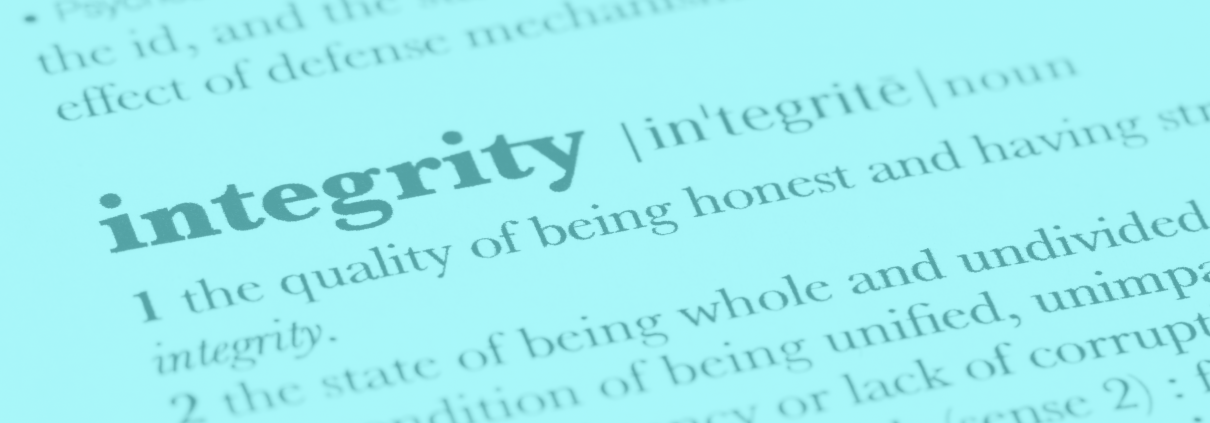ALLEA Publishes 2023 Revised Edition of the European Code of Conduct for Research Integrity
Today, ALLEA released the 2023 revised edition of “The European Code of Conduct for Research Integrity” which now reflects the latest views of the research community on good research practices. Together, these revisions help ensure that the European Code of Conduct remains fit for purpose and relevant to all disciplines, emerging areas of research, and new research practices. As such, the European Code of Conduct can continue to provide a framework for research integrity to support researchers, the institutions in which they work, the agencies that fund them, and the journals that publish their work.
The Chair of the dedicated Code of Conduct Drafting Group, Krista Varantola, launched the new edition under the auspices of ALLEA’s 2023 General Assembly in London, presenting the revised Code to delegates of ALLEA Member Academies in parallel with its online release to the wider research community.
The 2023 revised edition
ALLEA President Antonio Loprieno sees a fit-for-purpose European Code of Conduct as “providing a common framework, developed by peers, to enhance trust in science among policymakers and the public at large, through improved quality and reliability of research design, conduct, and dissemination“.
Accordingly, the revisions echo an increased awareness of the importance of research culture in enabling research integrity and implementing good research practices and place a greater responsibility on all stakeholders for observing and promoting these practices and the principles that underpin them. It likewise accommodates heightened sensibilities in the research community to mechanisms of discrimination and exclusion and the responsibility of all actors to promote equity, diversity, and inclusion.
The revised European Code of Conduct also takes account of changes in data management practices, the General Data Protection Regulation (GDPR), as well as recent developments in Open Science and research assessment. In the meantime, Artificial Intelligence tools and social media radically change how research results are produced and communicated.
As the Drafting Group Chair Krista Varantola points out, “the rapid development of digital tools and their availability for research create tremendous opportunities, but at the same time pose new challenges to upholding the highest standards of research integrity”.
The revision process
From early 2022, the Drafting Group, consisting of members of the ALLEA Permanent Working Group on Science and Ethics, set about exploring what changes would be needed to update the 2017 edition of the European Code of Conduct to ensure it reflects the current views on what are considered good research practices. Their work culminated in October 2022 in a draft revised document being sent for consultation to leading stakeholder organisations and projects across Europe, including representative associations and organisations for academia, publishers, industry, policymaking, and broader societal engagement. The response to this stakeholder consultation was exceptional, indicating a sense of ownership and engagement with the European Code of Conduct amongst the research community. All feedback was captured and discussed in detail in February 2023 by the Drafting Group. A summary of the stakeholder feedback process and how this informed the 2023 revision can be found at www.allea.org/code-of-conduct.


